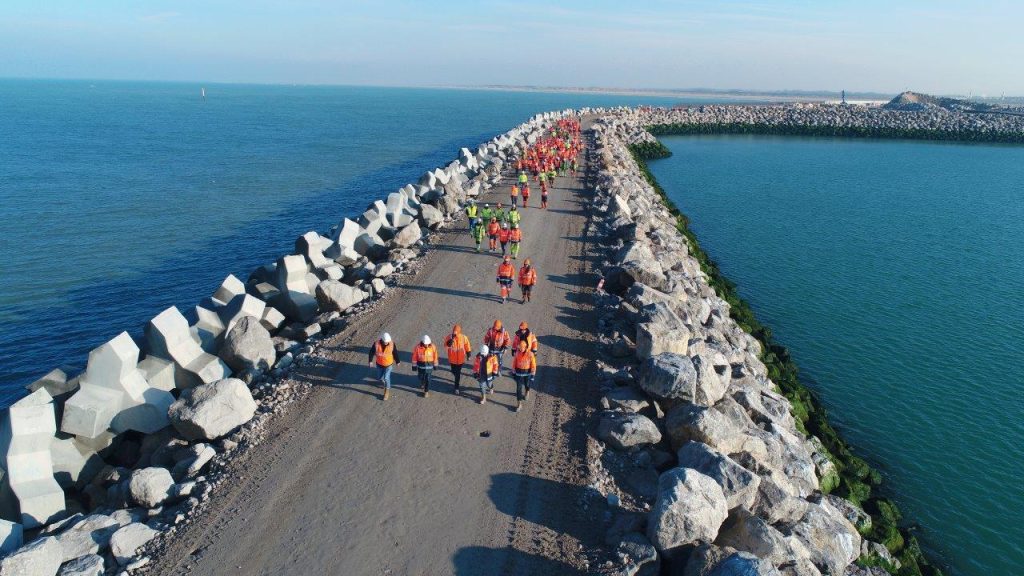
Compliance with business ethics drives the Group’s performance
In 2006, the Bouygues group introduced a Code of Ethics (other languages available here), which reaffirms the Group’s key values of respect, integrity and responsibility.
The Code of Ethics is intended to guide managers and employees in their day-to-day decisions, regardless of their level of responsibility, or of the entity, project or country concerned.
The principles that govern the actions contained within the Code of Ethics are outlined in more detail in an Anti-Corruption Code of Conduct, several compliance programmes as well as specific policies:
- Anti-Corruption Code of Conduct (other languages available here)
- Embargoes and export restrictions compliance programme
- Competition compliance programme
- Conflicts of interest compliance programme
- Financial information and securities trading compliance programme
- “Gifts and Hospitality” policy
These documents, which are regularly updated, describe the behaviour to be adopted and help employees make decisions in real-life situations.
The Ethics, CSR and Patronage Committee is systematically informed whenever serious breaches are observed and monitors the remedial measures. As with the parent company, each business segment has its own Ethics committee and Ethics officer.
WHISTLEBLOWING FACILITY
The Group encourages freedom of speech and has rolled out a secure system for collecting and processing whistleblowing alerts. The system is accessible to all and guarantees the confidentiality:
- of the whistleblower’s identity,
- of the identity of the persons implicated in the whistleblowing alert, and
- of any other information obtained .
Duty of Vigilance, a matter of great concern for the Group
The Vigilance plan includes measures to identify and prevent violations of
- human rights and fundamental freedoms,
- the health and safety of people, and
- the environment,
resulting from the operations of Bouygues and its subsidiaries and those of their subcontractors or suppliers with which they have an established business relationship.

THE MAIN RISKS FOR THE GROUP ARE CONNECTED WITH:
- environmental damage, including water and soil pollution, biodiversity loss, and climate change mitigation and adaptation
- human rights abuses and violations of fundamental freedoms, especially undeclared work, child labour and forced labour
- safety, workplace accidents, occupational illnesses and health
- supply chains and outsourcing.
THE CSR CHARTER FOR SUPPLIERS AND SUBCONTRACTORS
Updated in 2022, this charter sets out the key commitments that must be upheld by suppliers and subcontractors wanting to do business with the Group. Failure to uphold the rules outlined in this document, which is appended to orders and/or contracts managed by each purchasing department within the Group, can lead to measures up to and including termination of the contract.